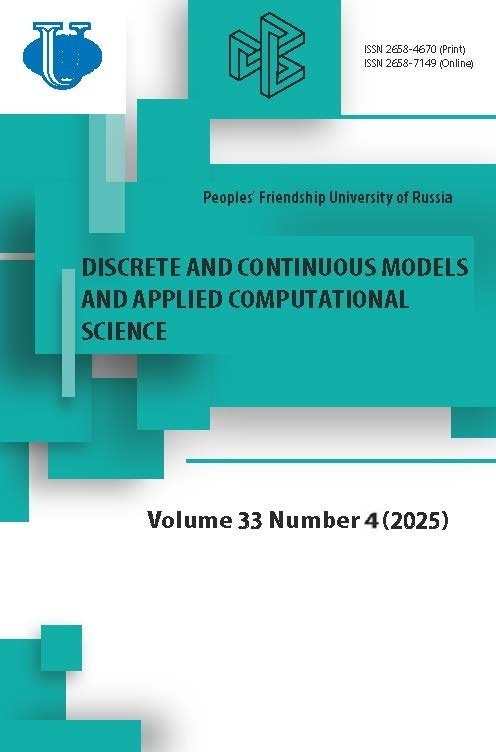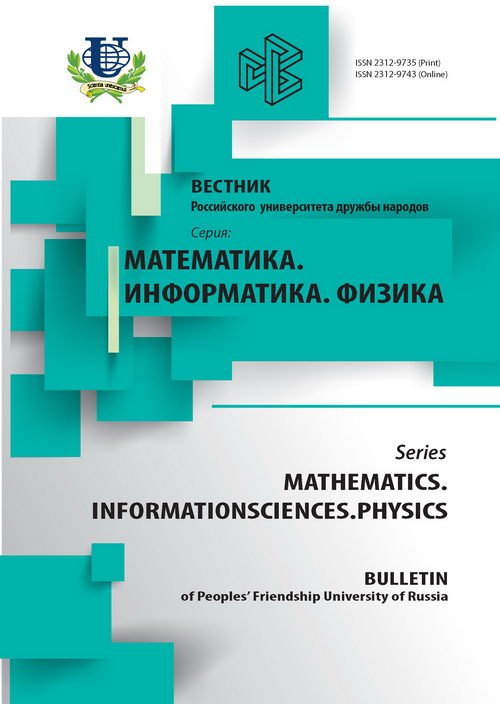Singularities of the Green Function for the Schrödinger Operator with a Potential, Singular at the Origin
- Authors: Yakovlev SL1, Gradusov VA1
-
Affiliations:
- St. Petersburg University
- Issue: No 1 (2014)
- Pages: 153-157
- Section: Articles
- URL: https://journals.rudn.ru/miph/article/view/8264
- ID: 8264
Cite item
Full Text
Abstract
We study the asymptote r → 0 of the Green function G+(r,0,k2) for the Schrödinger operator with a short-range potential of arbitrary form, singular at the origin as r−ρ with ρ > 0. A short-range potential by definition is a potential that decreases at infinity more rapidly than the Coulomb one. This is done on the basis of integral Lippmann-Schwinger equation for the Green function in coordinate representation. It is shown that to describe the asymptote one has to distinguish three cases depending on the value of potential’s parameter ρ. If the singularity is weaker than that of the Coulomb potential, the Green function has a standard singularity, namely the singularity of the form r−1. In the case 1 ≤ ρ < 2 an additional singularity arises. If ρ = 1 the additional singularity has the same form as in the case of the Coulomb potential. In the case 1 < ρ < 2 it has the form of a polar singularity of the form r−ρ+1. In all cases described above the singular terms of asymptotic expansions are written in explicit forms via potential V ’s parameters that describe its behaviour at infinity. The problem that we consider has interesting applications in physics, for example in a theory of zero range potentials.
About the authors
S L Yakovlev
St. Petersburg University
Email: sl-yakovlev@yandex.ru
Department of computational physics
V A Gradusov
St. Petersburg UniversityDepartment of computational physics
References
Supplementary files















